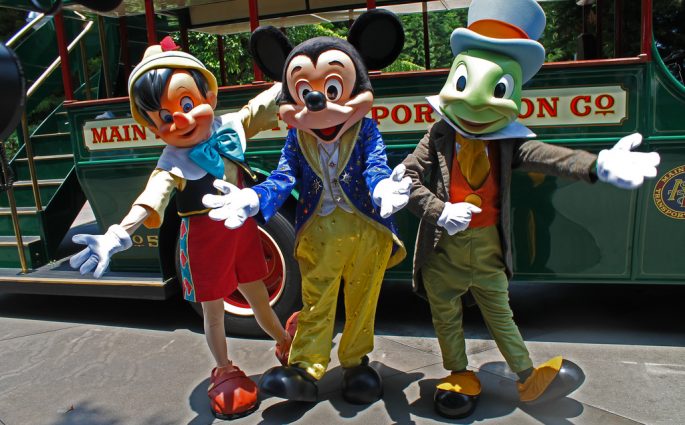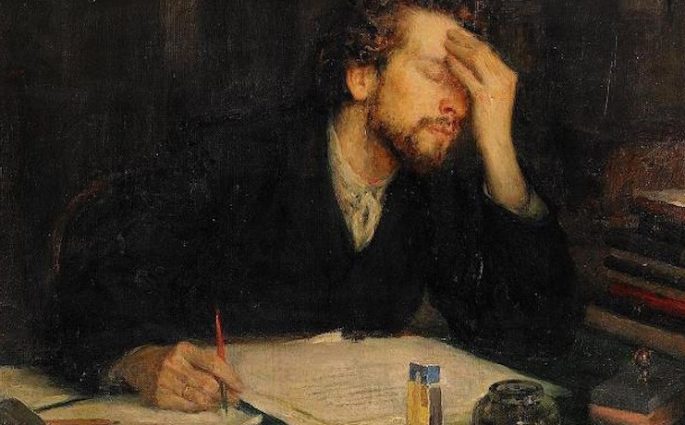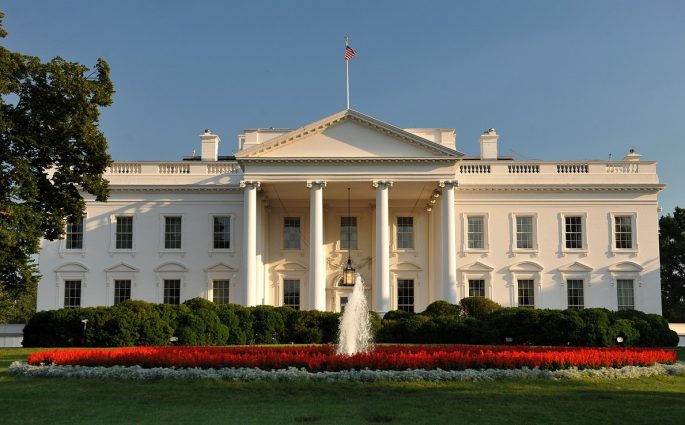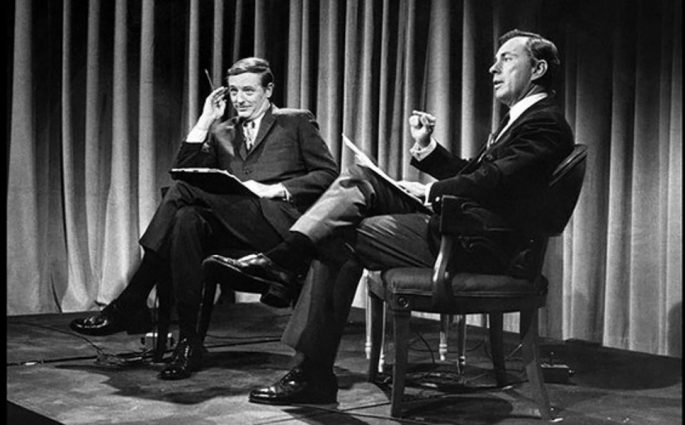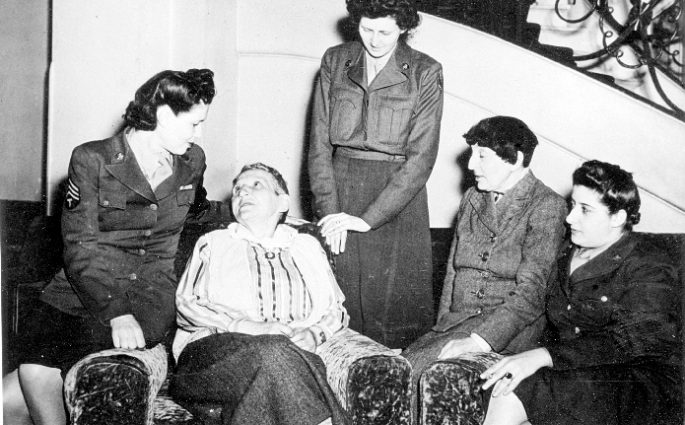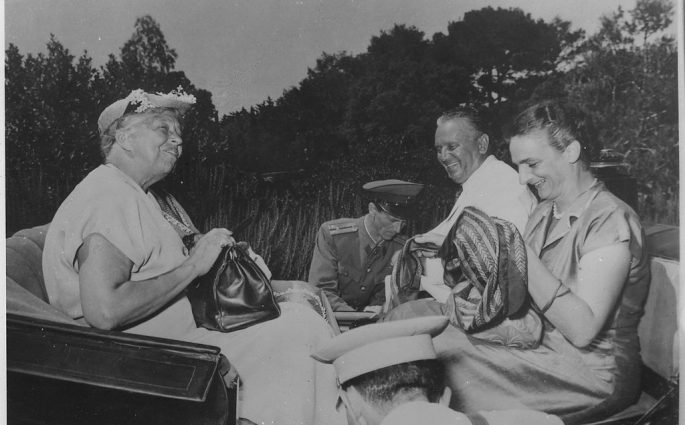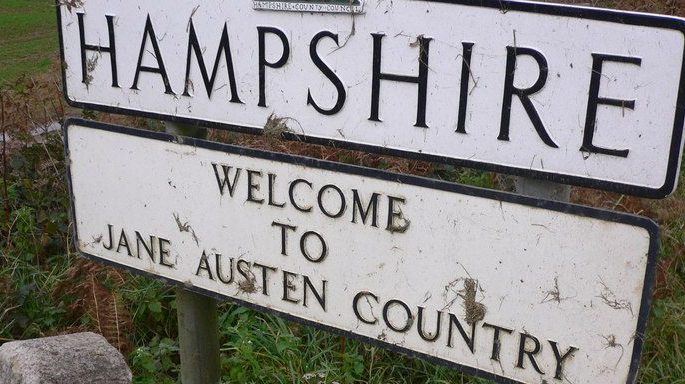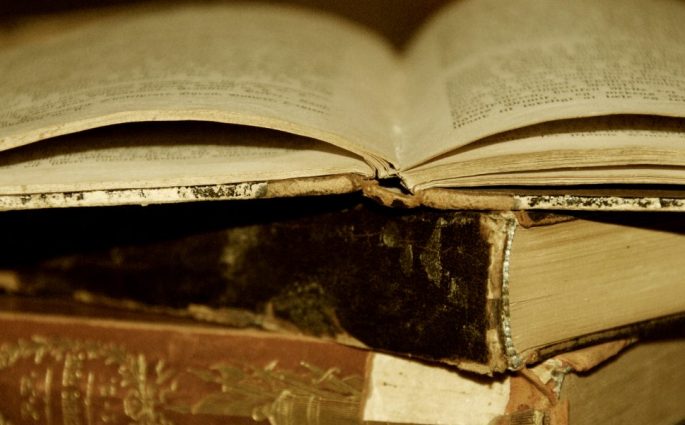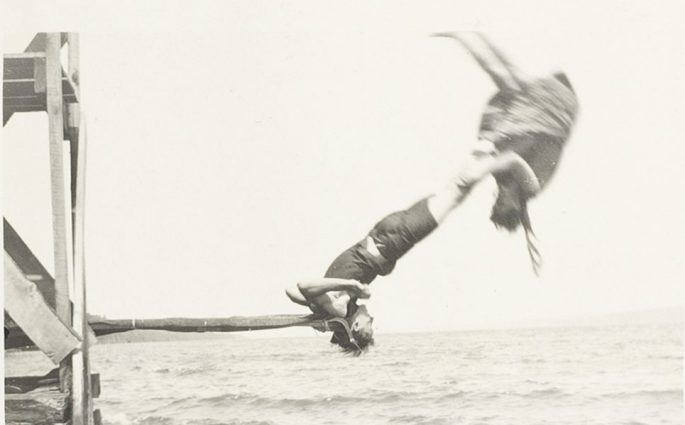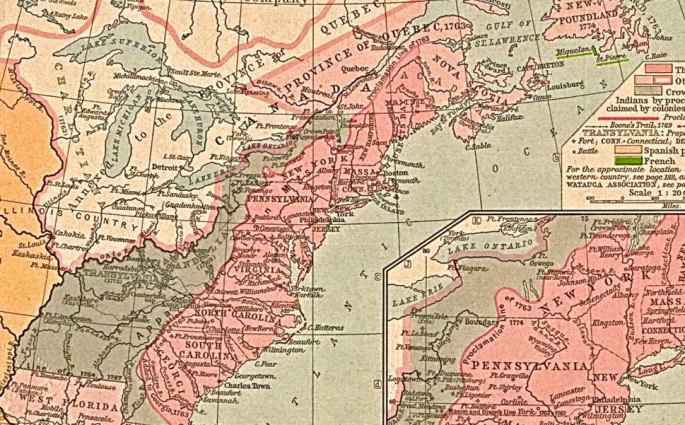Jenny Diski: On Babyface
Jenny Diski— The great advantage over real live creatures that my Three Bears had in common with Walt Disney’s Mickey Mouse, aside from not needing to be fed or produce droppings, was neoteny. Mickey and my ursine family looked only glancingly like a mouse or brown bears, and much more like babies.

